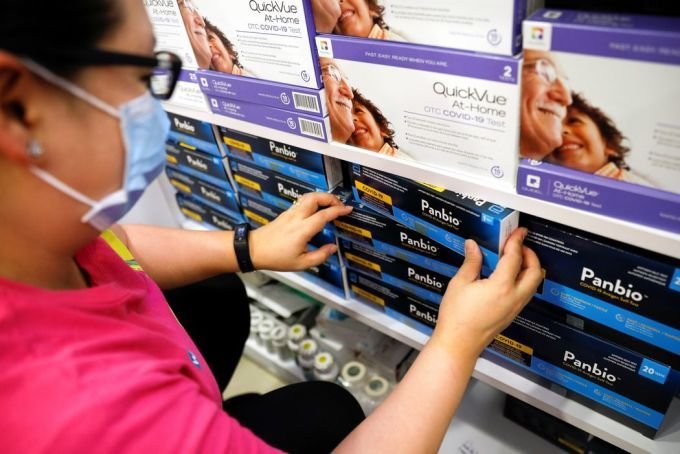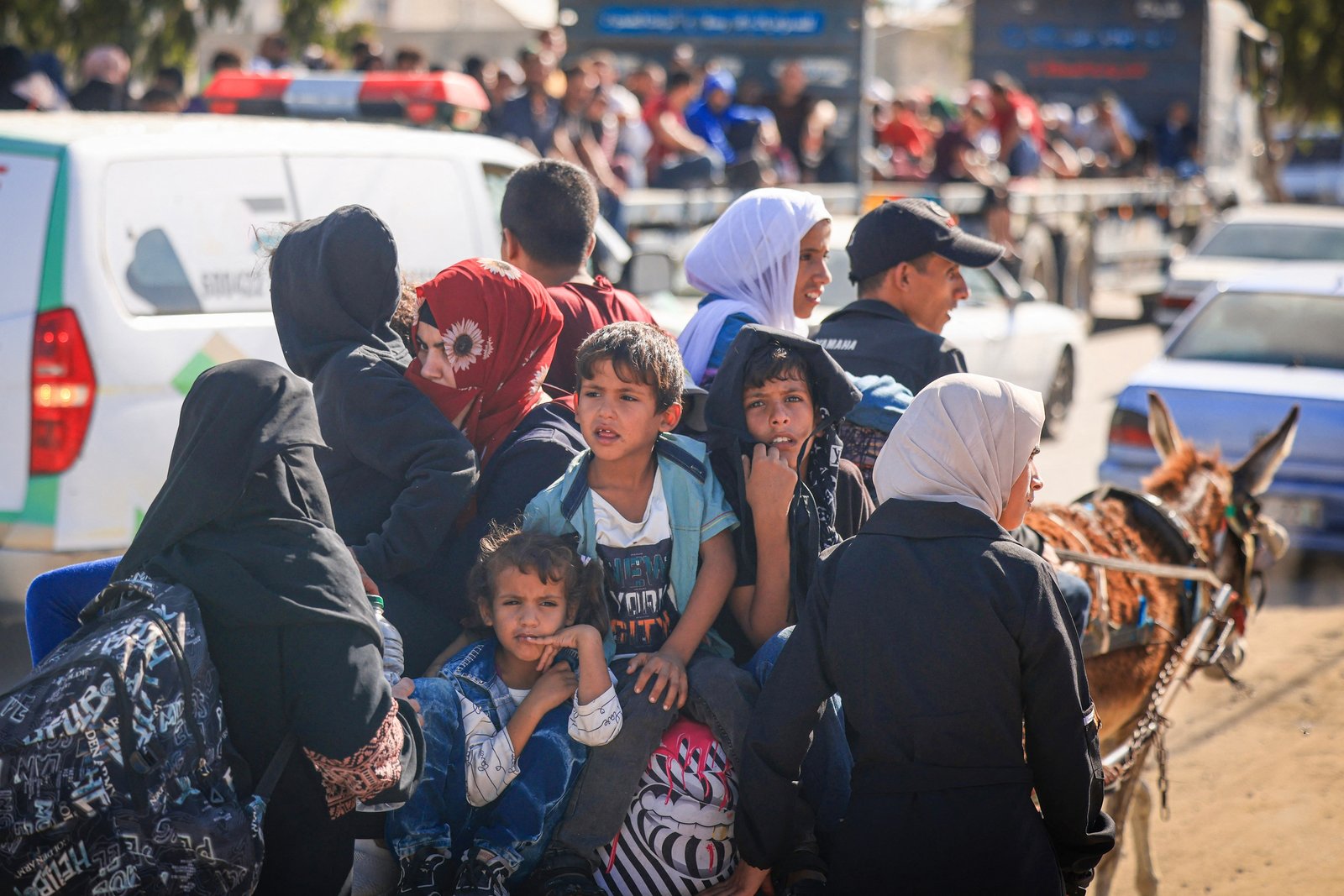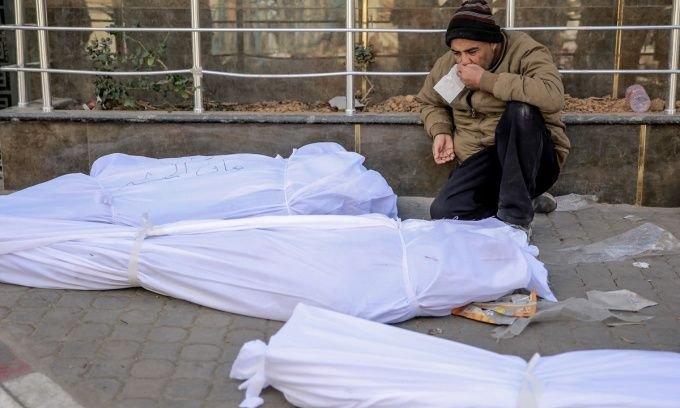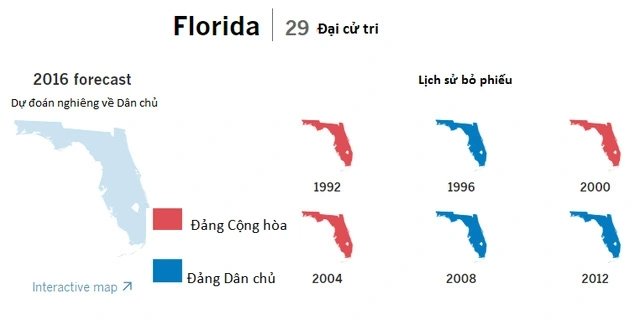
Singapore’s Covid-19 response strategy focuses on the goal of containing and slowing down the chain of infection, to ensure the health system is not overloaded and to create conditions for the island nation to gradually open safely.
In the context of a recent increase in new infections in Singapore, the need for testing in this Southeast Asian country has also increased sharply.
Staff at a pharmacy in Singapore arrange Covid-19 rapid test kits on shelves.
Antigen rapid test (ART) kits are distributed in Singapore through many different channels, from supermarkets, pharmacies, convenience stores or on online shopping sites such as Shopee and Lazada.
Abbott PanBio, SD Biosensor Standard Q, SD Biosensor, Quidel QuickVue, BD Kit and BD Veritor are 6 popular rapid antigen test kits in Singapore and are licensed for use by the Health Sciences Authority (HSA).
According to recommendations from the Singapore Ministry of Health, the retail price of each Covid-19 rapid test kit ranges from 10 to 13 Singapore dollars.
The Singapore government’s Covid-19 response task force in early September outlined a plan for transitioning to a new normal life, whereby they want to treat Covid-19 like a normal flu, when the majority of the population is sick.
The Singapore government calls for increased testing in the community to promptly detect and localize infections.
Many workers are also required to be tested once a week if they work in sectors that regularly interact with many people, including food, beverage, personal care services, gyms, retail establishments,

Quidel QuickVue rapid test kit at a Watsons pharmacy in June. Photo: Straits Times.
For companies that are not subject to regular mandatory testing, Singapore authorities also provide eight test kits for each employee, enough to test employees weekly for two months.
Many vending machines have also been set up in Singapore so that people who receive a health risk warning (HRW) or health risk alert (HRA) can easily purchase a Covid-19 self-test kit.
`Instead of having to go to a testing center, it’s easy and convenient to have a test kit at home,` said Ms. Brown, 60, who was in Singapore before returning to the UK last month.
Eric Lim, 30 years old, works at a Japanese restaurant, shared that he also bought a home test kit to check his health.
Faced with people’s great demand, Guardian’s pharmacy system limits each person to a maximum of 10 test kits to ensure supply for everyone.
`We recommend customers only buy what they need,` a Guardian spokesperson said.
People who use rapid test kits and get positive results are recommended to immediately go to medical facilities for additional PCR tests, according to the Singapore Ministry of Health.
HSA notes that rapid test kits have lower sensitivity than PCR tests and are more likely to produce false negative results.
Therefore, the Singapore Ministry of Health recommends that people with negative results on rapid antigen tests still need to be vigilant and comply with safety measures, to avoid the risk of infection to the community.
In addition, people with symptoms of acute respiratory infection are also recommended to go to a medical facility to perform a PCR test, instead of self-testing with a rapid test kit at home.








